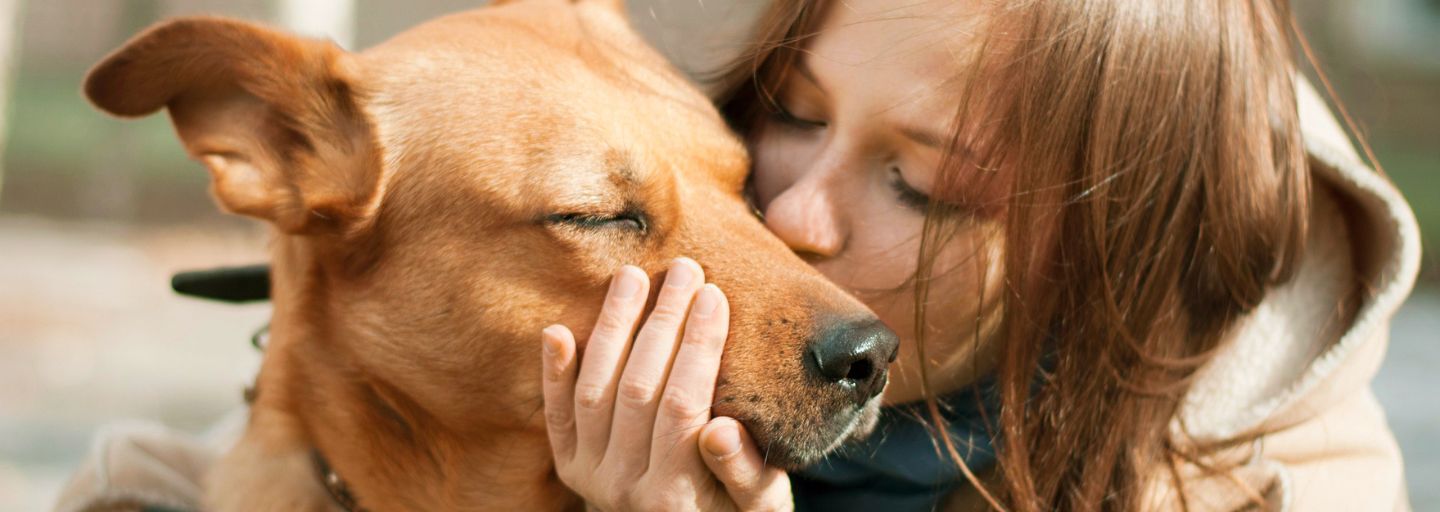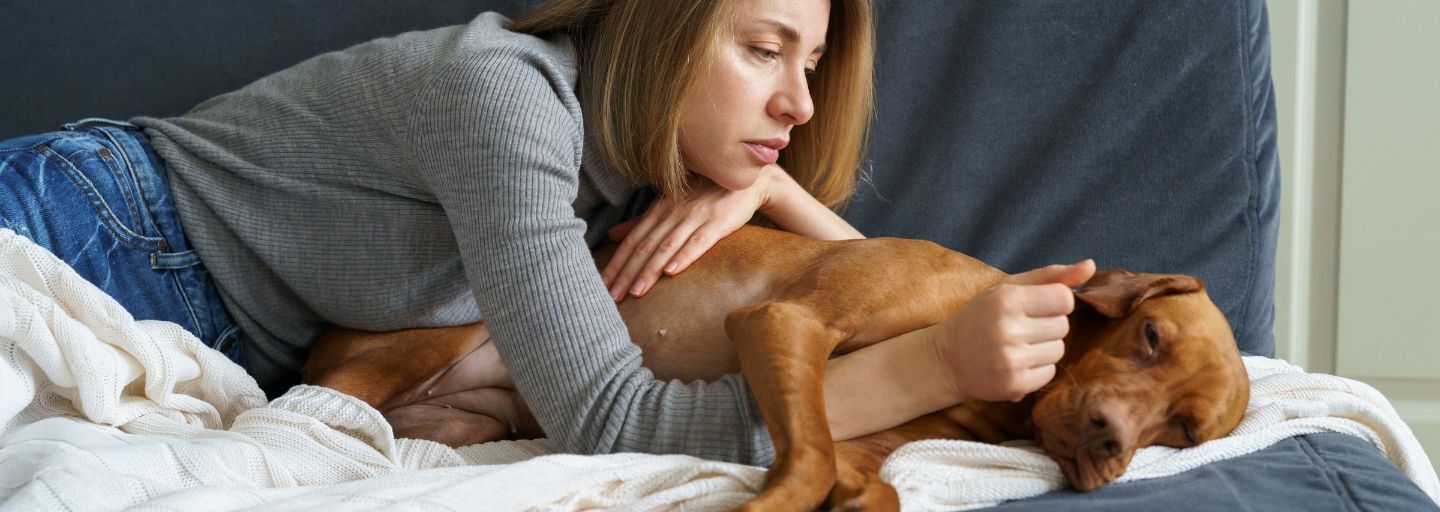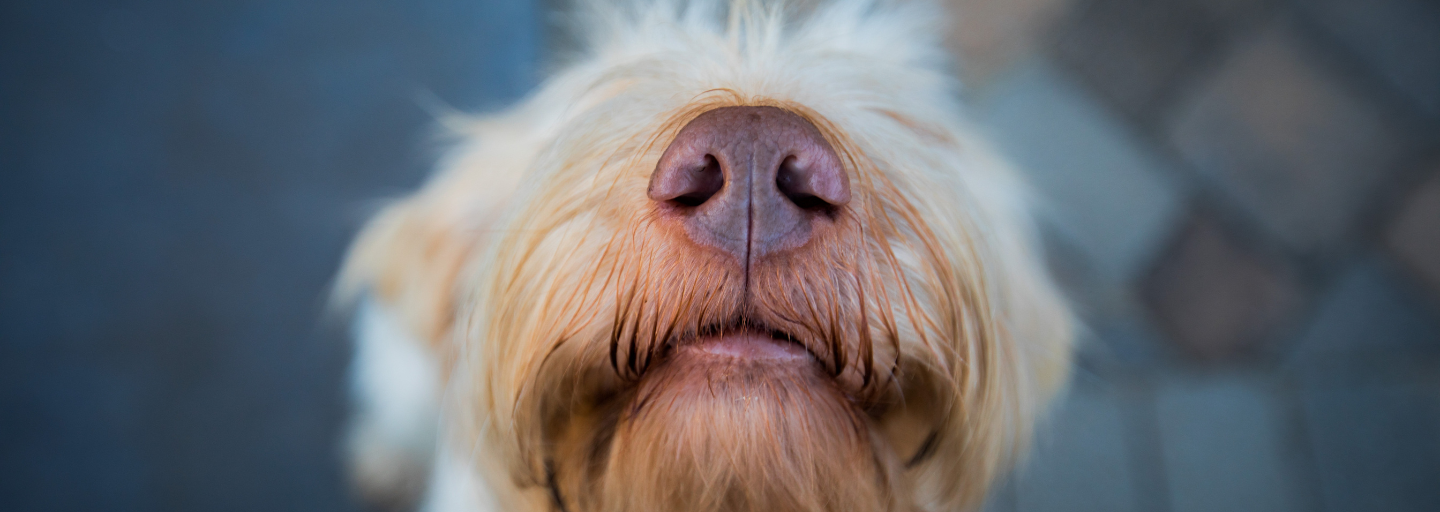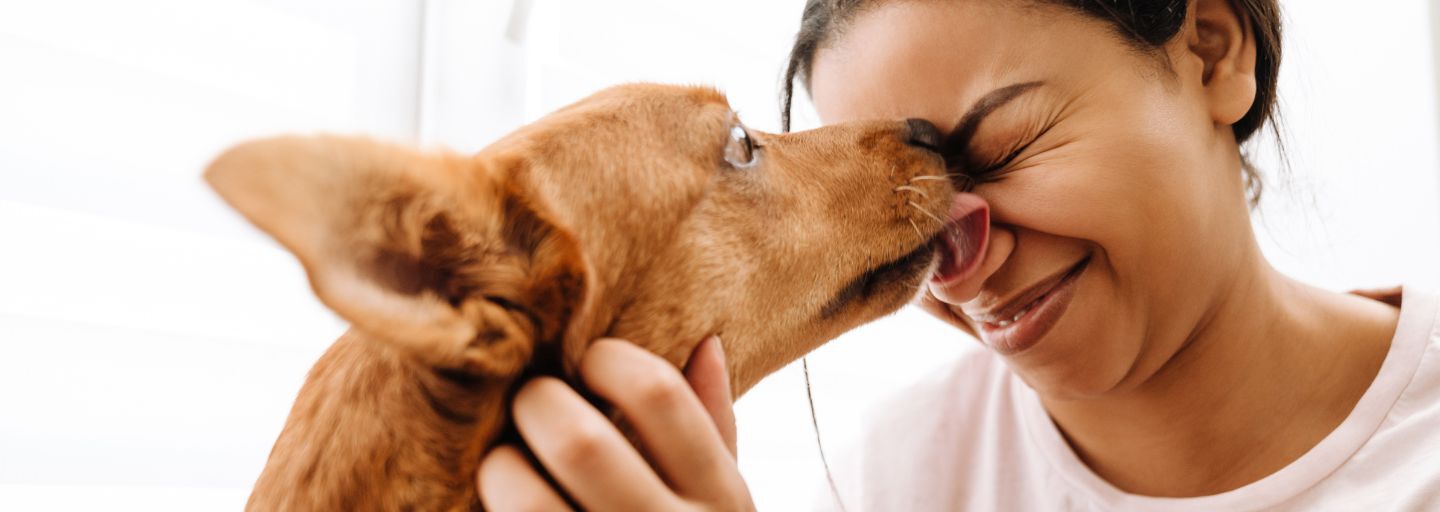If you are a dog owner, you may have noticed your furry friend sneezing from time to time. While it may seem like a simple and harmless act, sneezing in dogs can actually indicate a variety of underlying causes. Understand the reasons behind why dogs sneeze and what you can do to ensure their well-being.
Irritants and Allergies
One of the most common reasons for dogs to sneeze is the presence of irritants or allergies in their environment. Just like humans, dogs can be sensitive to certain substances such as pollen, dust, mould, or even strong odours. When these irritants enter their nasal passages, dogs may sneeze to expel them. If you notice that your dog sneezes more frequently in certain locations or during specific seasons, it is likely that they are reacting to environmental allergens.
Foreign Objects
Dogs are curious creatures, and their noses often lead them to investigate various objects. Sometimes, this curiosity can result in foreign objects getting stuck in their nasal passages, leading to sneezing. Common culprits include grass seeds, small insects, or even small pieces of toys. If your dog's sneezing is accompanied by nasal discharge or excessive pawing at their nose, it is essential to consult a veterinarian to rule out the presence of a foreign object.
Respiratory Infections
Respiratory infections, such as the common cold or kennel cough, can also cause dogs to sneeze. These infections are often accompanied by other symptoms like coughing, nasal discharge, and lethargy. If you suspect that your dog may have a respiratory infection, it is crucial to seek veterinary care promptly. Your veterinarian will be able to diagnose the infection and prescribe appropriate treatment to help your furry friend recover.
Dental Issues
Believe it or not, dental problems can also lead to sneezing in dogs. Dogs with dental issues, such as gum disease or tooth abscesses, may experience inflammation in their nasal passages. This inflammation can trigger sneezing as the body's natural response to clear the airways. Regular dental care, including brushing your dog's teeth and scheduling professional cleanings, can help prevent dental issues and reduce the likelihood of sneezing.
Reverse Sneezing
Have you ever noticed your dog making a strange snorting sound, almost like they are inhaling forcefully? This phenomenon is known as reverse sneezing and is relatively common in dogs. Reverse sneezing is not a true sneeze but rather a spasm of the throat and soft palate. It can be triggered by excitement, exercise, allergies, or even drinking or eating too quickly. While reverse sneezing can be alarming to witness, it is generally harmless and subsides on its own. However, if your dog experiences frequent or prolonged episodes of reverse sneezing, it is advisable to consult your veterinarian.
Nasal Tumours
In rare cases, sneezing in dogs can be a symptom of more serious underlying conditions, such as nasal tumours. Tumours in the nasal passages can cause obstruction and inflammation, leading to sneezing, nasal discharge, and difficulty breathing. If your dog's sneezing is persistent, accompanied by other concerning symptoms, or if you notice any changes in their behaviour or appetite, it is crucial to seek veterinary attention promptly. Early detection and treatment of nasal tumours can significantly improve the prognosis for affected dogs.
What to Do If Your Dog Is Sneezing?
If you notice that your dog is sneezing more frequently or experiencing other concerning symptoms, it is important to take appropriate action to ensure their well-being. Here are some steps you can take if your dog is sneezing:
Monitor the Frequency and Duration: Pay attention to how often your dog is sneezing and how long each episode lasts. Occasional sneezing is usually nothing to worry about, but if it becomes frequent or prolonged, it may indicate an underlying issue.
Check for Nasal Discharge: Observe if there is any nasal discharge accompanying the sneezing. The colour, consistency, and odour of the discharge can provide valuable information to your veterinarian when diagnosing the cause of the sneezing.
Assess for Other Symptoms: Take note of any other symptoms your dog may be experiencing, such as coughing, lethargy, loss of appetite, or difficulty breathing. These additional signs can help your veterinarian narrow down the possible causes of the sneezing.
Evaluate the Environment: Consider if there are any potential irritants or allergens in your dog's environment that could be triggering the sneezing. These may include pollen, dust, cleaning products, or strong odours. If possible, try to eliminate or minimize exposure to these triggers.
Consult with a Veterinarian: If your dog's sneezing is persistent, accompanied by nasal discharge, or if you notice any concerning symptoms, it is advisable to seek veterinary care. A veterinarian will be able to perform a thorough examination, ask relevant questions about your dog's health history, and recommend appropriate diagnostic tests if necessary.
Follow Veterinary Recommendations: Based on the examination and diagnostic findings, your veterinarian will provide you with a diagnosis and treatment plan. This may include medications to alleviate symptoms, such as antihistamines for allergies or antibiotics for infections. It is crucial to follow your veterinarian's instructions and administer any prescribed medications as directed.
Preventive Measures: To minimize the chances of your dog experiencing sneezing episodes, there are several preventive measures you can take. Regularly clean your dog's living area to reduce dust and allergens, avoid exposing them to known irritants or allergens, and maintain good dental hygiene to prevent dental issues that can contribute to sneezing.
Be Mindful of Reverse Sneezing: If your dog experiences episodes of reverse sneezing, it is important to remain calm. If you are not sure what double sneezing is, read our article on ‘What is Reverse Sneezing in Dogs?’. While it can be alarming to witness, reverse sneezing is usually harmless and subsides on its own. Gently massaging your dog's throat or briefly covering their nostrils with your hand can help interrupt the episode and provide some relief.
Remember, every dog is unique, and the causes of sneezing can vary. It is always best to consult with a veterinarian for an accurate diagnosis and appropriate treatment. By being attentive to your dog's health and taking prompt action, you can help ensure their well-being and minimise any discomfort caused by sneezing episodes. Remember, a healthy and happy dog is a sneeze-free dog!







